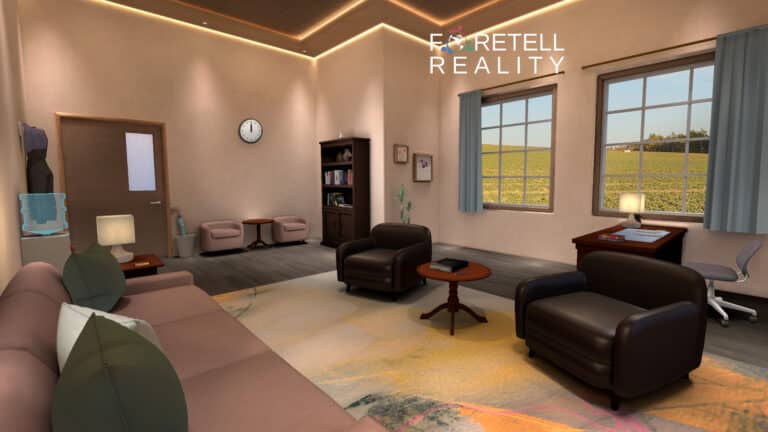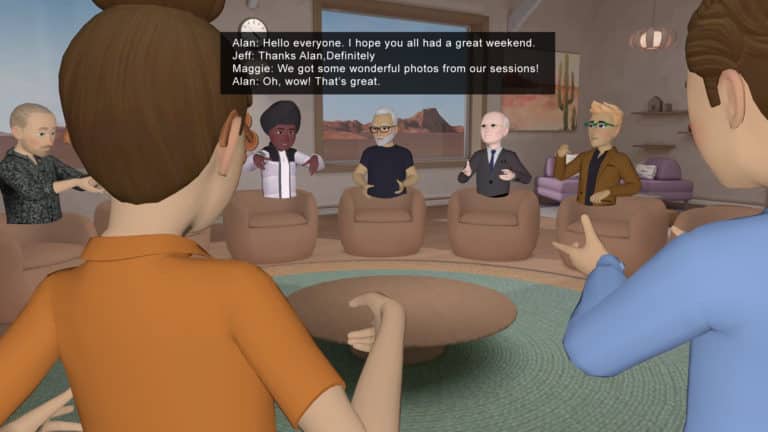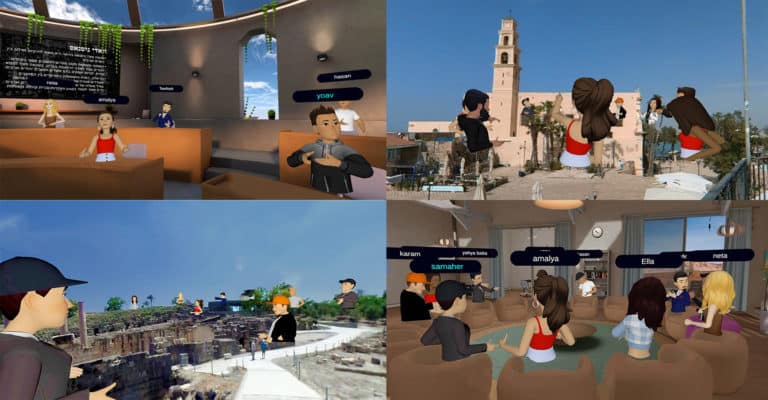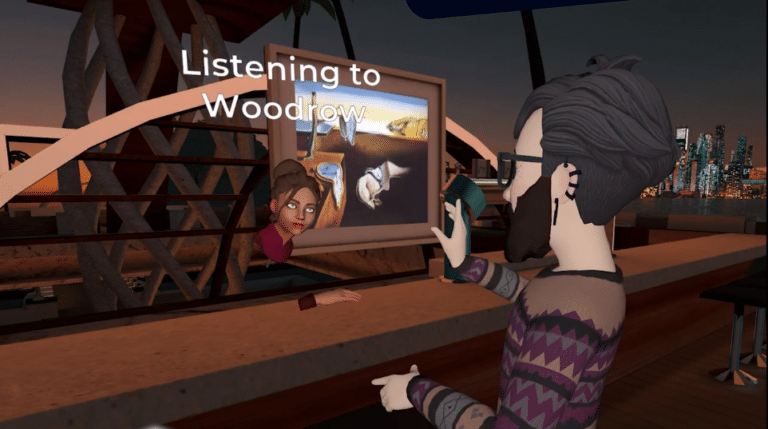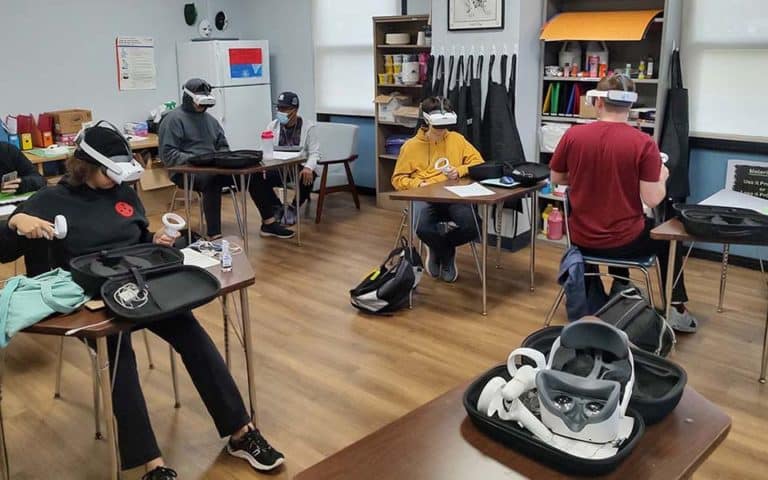Professional coaches are increasingly in demand and the field has been growing significantly over the past decade. Coaches offer personalized support, advice, and guidance, helping clients navigate a variety of life’s challenges from careers to dating to mental health and physical wellness.
A recent article in Behavioral Business News highlighted one example of where professional coaches can step in to supplement an overburdened healthcare system.
“Coaches are helping guide [people] in behavioral skills … to recover [from eating disorders],” Carolyn Costin — a Malibu, California-based psychotherapist and longtime eating disorder expert — told Behavioral Health Business. “Nobody up until now has really been filling that gap. You can have a lot of plans from your therapist and dieticians. But there’s only so much that they can do.”
With access to all types of care, support, and guidance moving from in-person to Zoom, the shortcomings of video sessions are becoming apparent. VR offers several benefits to both clients and coaches over video sessions and headsets are more affordable and powerful than ever.
5 Benefits of VR for Clients and Coaches
- Anonymity Lowers Barriers and Increases Accessibility
VR allows clients to remain anonymous both in appearance and voice (through voice masking) while still interacting with coaches and/or other clients in realistic 3D social environments. This anonymity offers a safe onramp for clients to reveal more about themselves and their struggles without the fear of judgement or recognition. For coaches, anonymity offers an opportunity to expand access to those who may not be comfortable initially identifying themselves for any number of reasons.
2. Avatars Allow For Identity Exploration
Avatars in VR present an opportunity for clients to explore different representations of themselves with a coach and also in diverse social scenarios. Coaches can either participate as avatars themselves or observe and direct from afar as two or more clients take on different identities to practice everything from a first date to a networking event to a public speaking engagement. Guiding clients as they inhabit different identities can change perspectives, build confidence and raise self-awareness.
3. Simulations and Role Play Provide a Safe Space for Real World Scenarios
VR convincingly replicates the experience of sharing a realistic, three-dimensional space with others. This combined with the ability to take on different physical appearances is a powerful tool in changing behavior, growing empathy, and increasing confidence when confronted with the same situations in the real world. Scripted scenarios and other curriculum developed by coaches and translated into VR, offer coaches a powerful tool to provide services to remote clients in a safe, controlled, and shared setting.
4. Remote Sessions Offer A More Engaging and Focused Experience Than Zoom
VR headsets provide a distraction-free remote experience, blocking out external interruptions from other people and competing technologies like smart phones and monitors. For clients, this means being able to work intimately with a professional coach without needing to travel. This opens the door to providing services to new and underserved communities in ways that are more engaging, effective, and focused than Zoom.
5. Analytics and Playback Provide Behavioral Insights That Lead to Outcomes
Analytics like time speaking and directional gaze combined with the ability to record and replay sessions offer coaching tools that can help clients better understand their own behaviors. Repeated practice in a safe environment with feedback prepares clients for facing real challenges in their everyday lives.
Foretell Reality is a social VR platform which features and capabilities that support coaching and training of all kinds. For a demo, click here.



